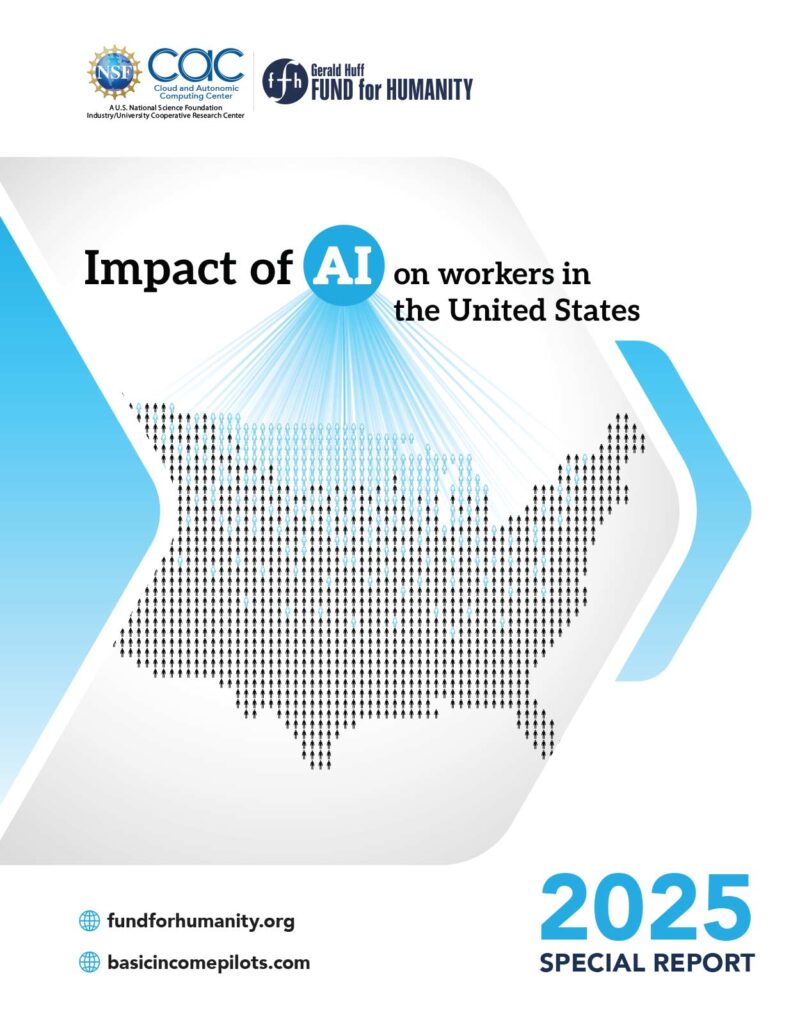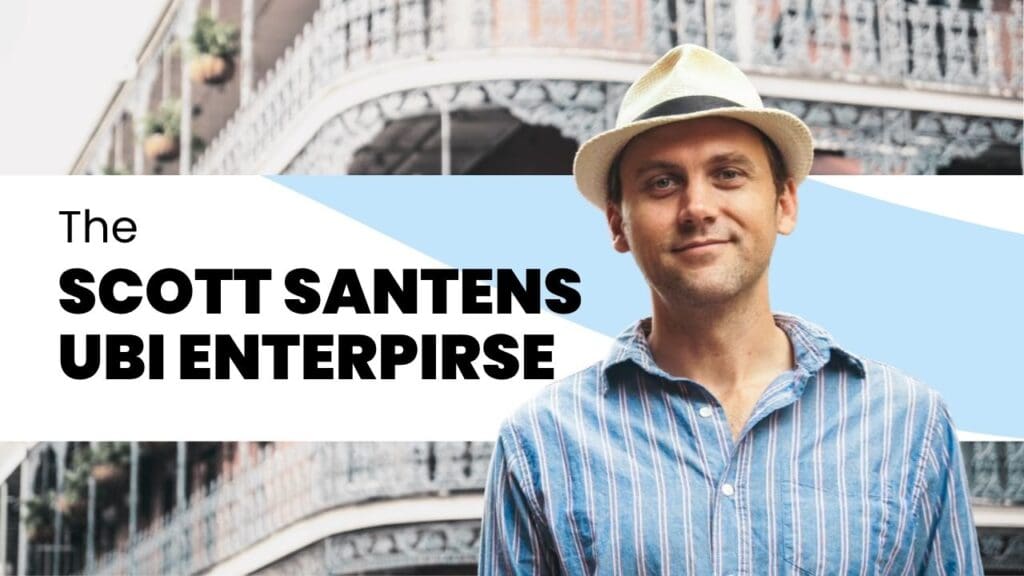Technological advancements are powerful engines for economic growth, yet it is crucial that these innovations, especially artificial intelligence (AI), are ultimately channeled to support social equity and justice for all people.
The Gerald Huff Fund for Humanity was established to directly address the profound potential for technological disruption from AI to reshape global societies. The Fund honors the late Gerald Huff, a distinguished Tesla engineer who clearly foresaw that the rapid development of AI would displace workers, destabilize industries, and fundamentally challenge the economic basis of capitalism.
The mission of the fund is to raise urgent awareness of AI’s impact on widespread unemployment and to champion the critical policy response required: Universal Basic Income (UBI).
To achieve this, the Fund focuses on education, advocacy, and collaborative partnerships to promote the effective research and implementation of UBI policies for all Americans.





